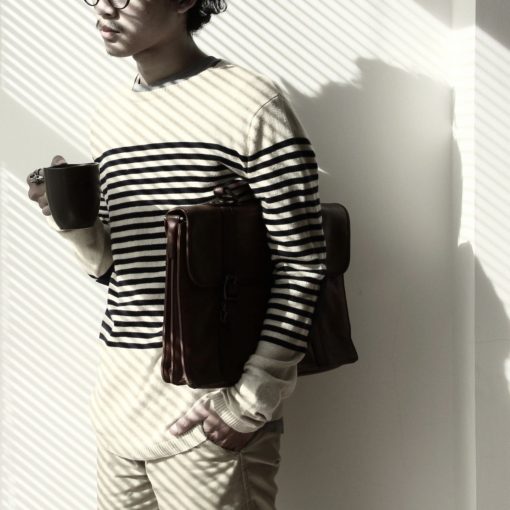Contributed by Dennis Chamot, CSW President
In the past, members of the physics community seemed to me to be much more active and visible than chemists in public debates about support of research and other national policy issues with a high technical content. In more recent years, the biology and medical communities have taken on more of this role, even as many medical and biological breakthroughs are based on advances at the molecular level, depending heavily on chemical concepts and knowledge. So, where are the chemists?
ACS at the national level has been much more active in recent years than in the past. The Society issues public policy statements on a variety of issues, and these form the bases for staff and member activities in educating Congress and state political leaders. On the other hand, you don’t see a lot of chemists in the media. There are astronomers, physicists, doctors, and engineers—but not a lot of chemists. Why?
Have you ever felt that you would like to know more and do more about advocating for chemistry (and chemists!), or for supporting STEM education, or just learning how to better engage your neighbors and colleagues in support of issues of importance to you as members of the chemical community? Then come to the next CSW dinner meeting on March 23 to engage with a master communicator for science—Madeleine Jacobs, former Executive Director of ACS and Editor-in-Chief of C&EN. Meeting details are listed elsewhere in this issue. This should prove to be a lively and informative event.
We will also be recognizing the newest recipients of the Leo Schubert Memorial Award for excellence in high school chemistry teaching (Tiffany Reddinger, Holton Arms School, and Brita C. Johannessen-Kluk, Northwest High School), and Jennifer Tanir, winner of the Charles L. Gordon Award, given in recognition of exemplary service by a CSW member to the profession of chemistry, to the science of chemistry, and/or to the Chemical Society of Washington.
If you can, plan to join your colleagues on March 23!



